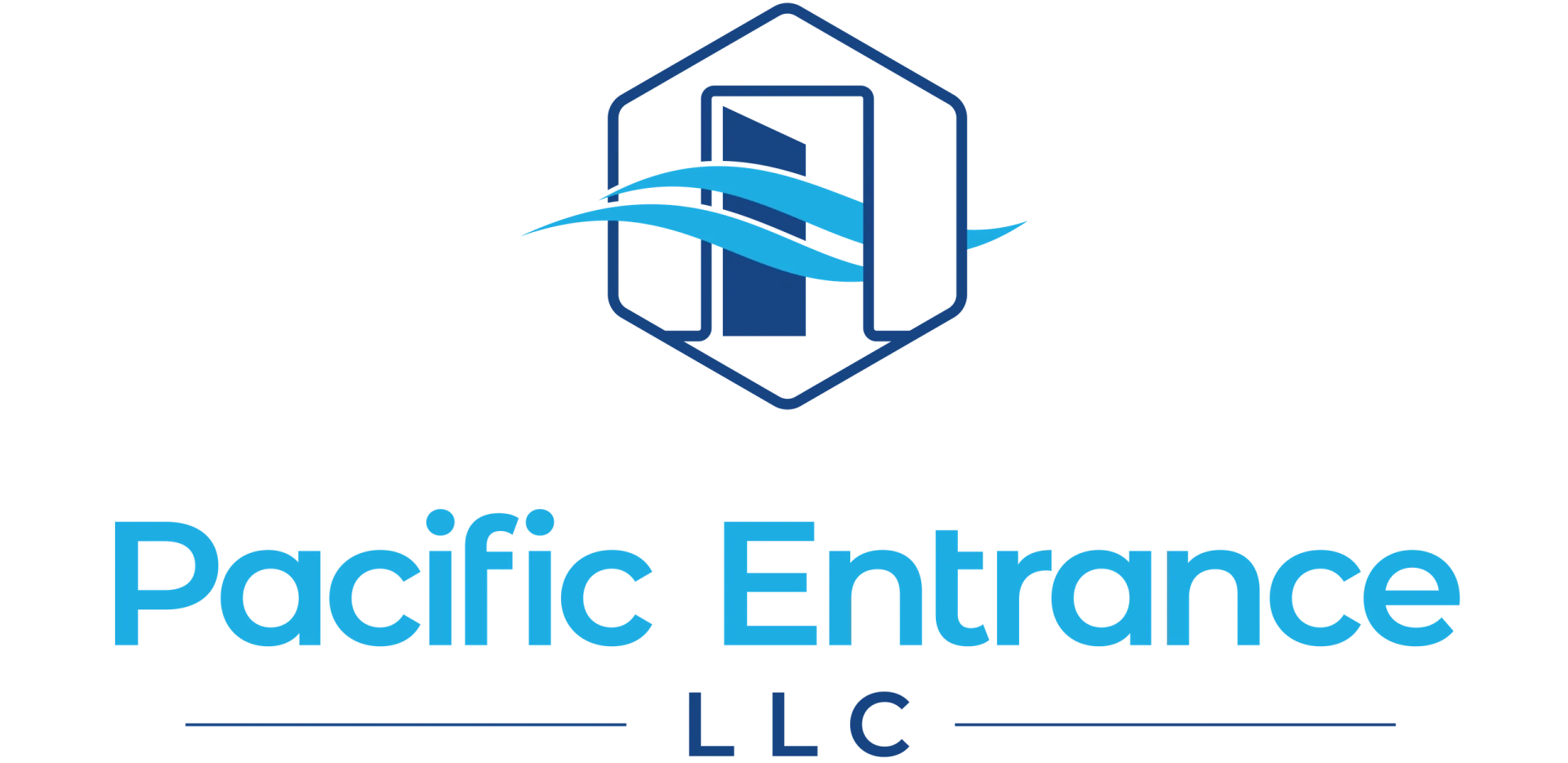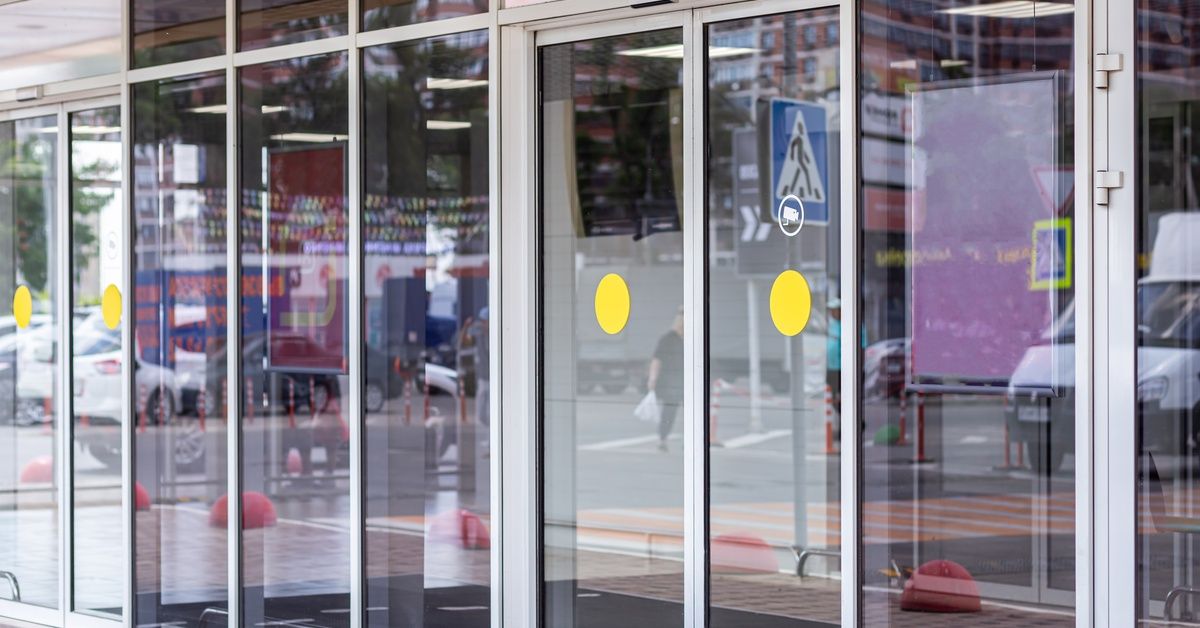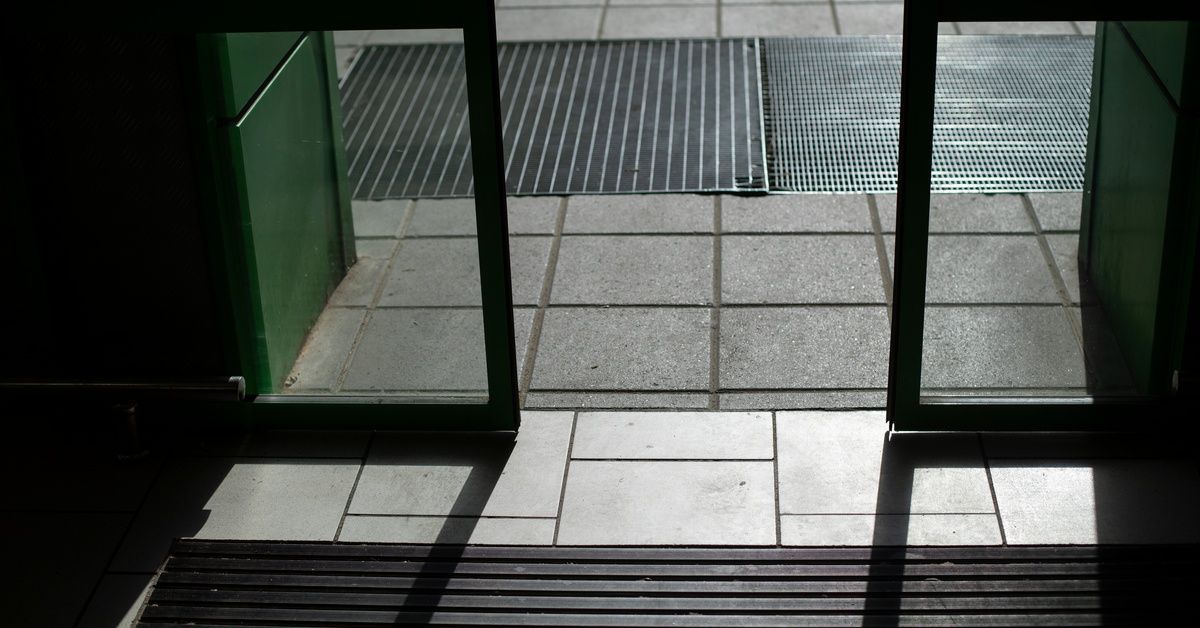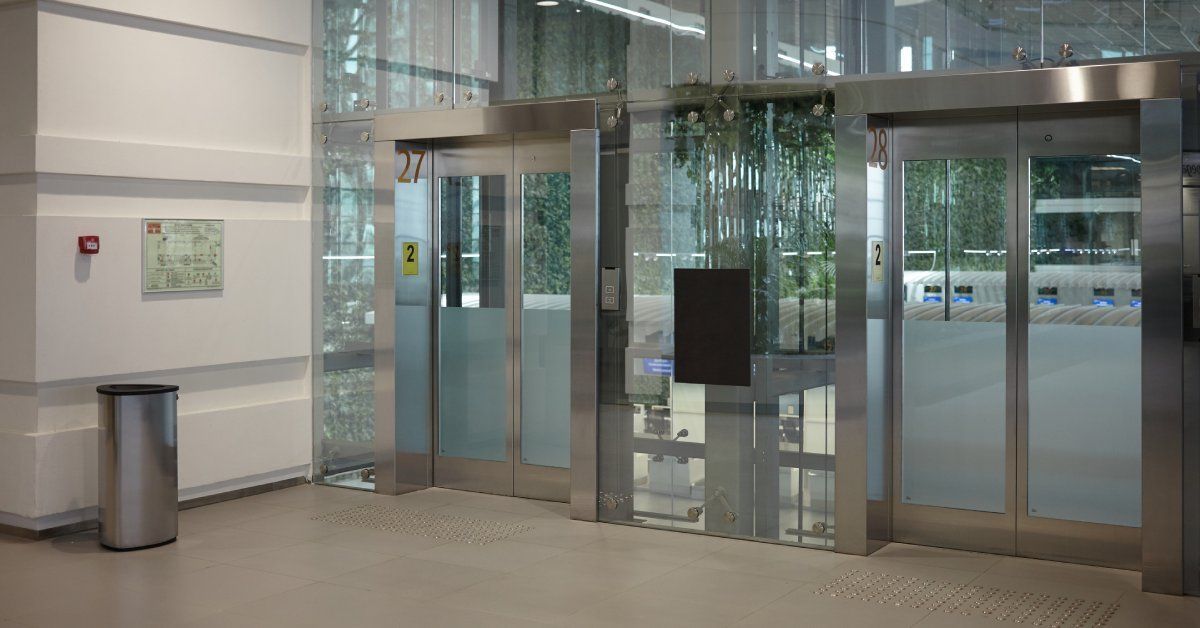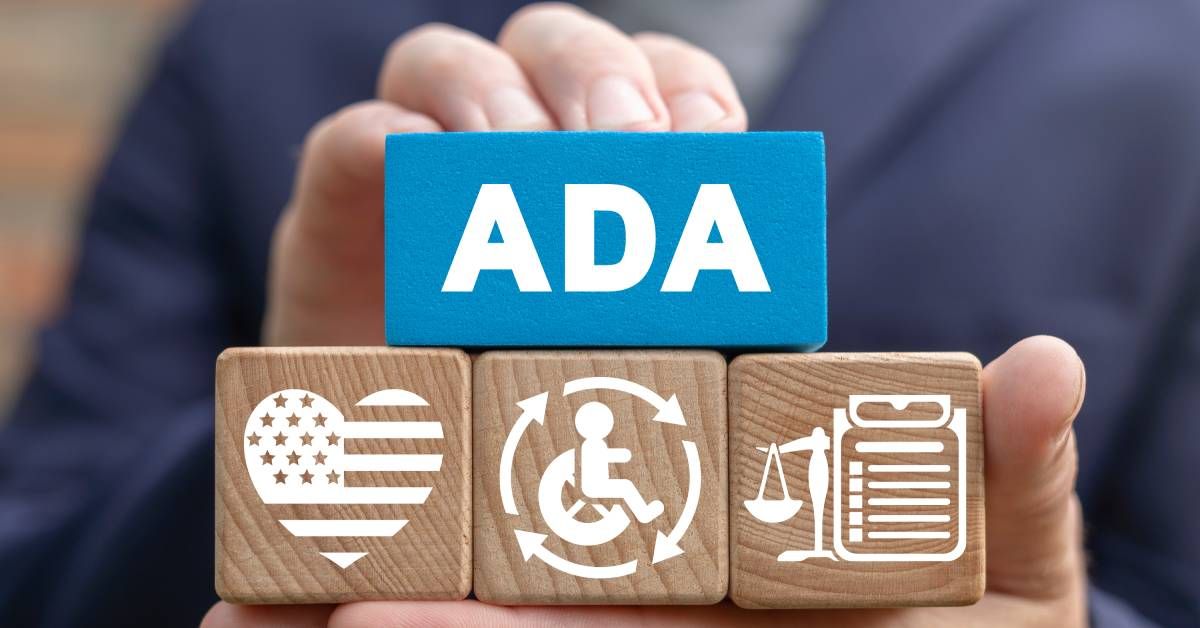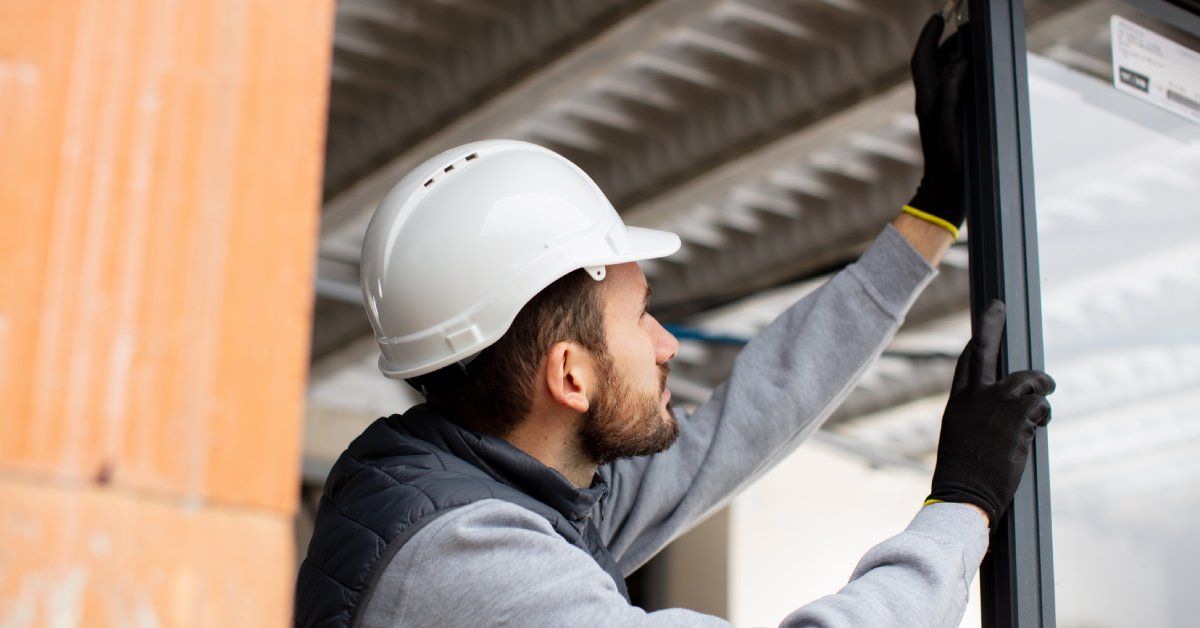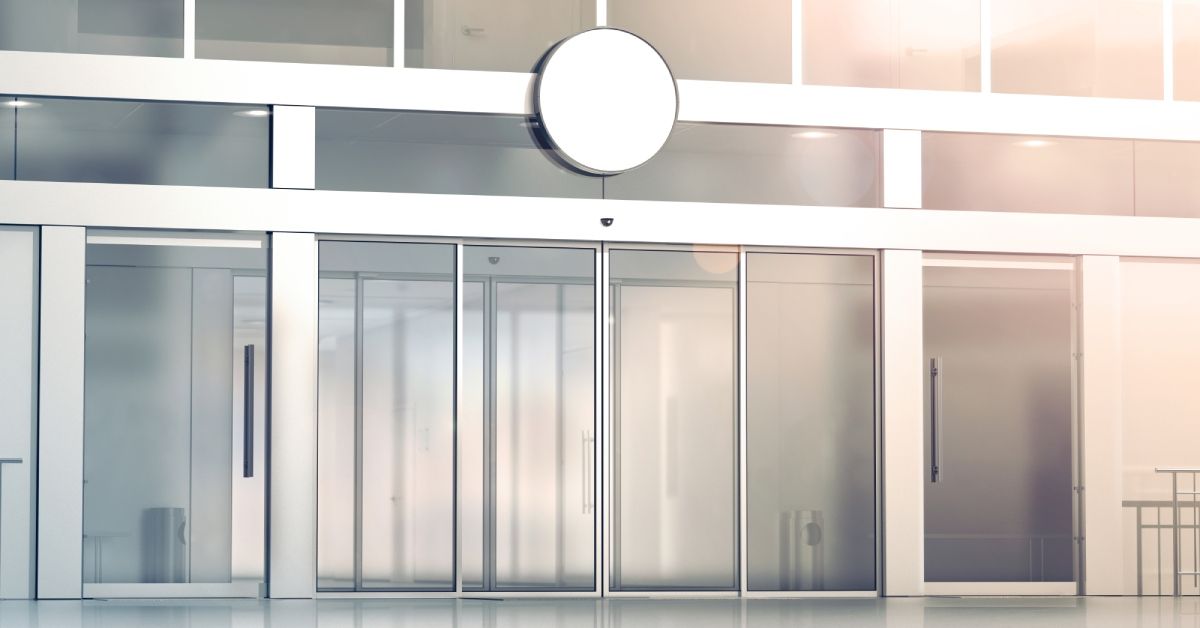Why Accessibility Is So Important for Your Office
Why Accessibility Is So Important for Your Office

One of the many things prospective employees are looking for in businesses is accessibility. This term covers a vast array of features, from the highly specific and easily accomplished to the vaguer, more mutable interpretations. If you’re wondering why accessibility is so important for your office, there are two main benefits that you should know about: ADA compliance and improved workplace culture.
ADA Compliance
The frankest answer as to why accessibility is so important for your office is that being accessible is the law. Businesses employing fifteen or more people must be compliant with the Americans With Disabilities Act (ADA). Understanding the regulations and standards associated with being ADA-compliant is necessary to prevent high-cost violation penalties or legal issues in the future.
Improved Workplace Culture
Even if your business does not currently employ anyone who has identified themselves as having a disability, it’s wise to invest in creating an accessible workplace for reasons beyond ADA compliance.
Increasing the accessibility of the recruitment process opens up your business to a significant portion of the workforce that may currently avoid your company due to application issues. Including audio options or closed captioning on digital application pages and accommodating requests for flexibility in the interview process shows potential hires that your company values those with disabilities and will provide a welcoming work environment.
Creating a more accessible workplace can be a much more significant undertaking, as doing so goes beyond creating a physically accessible space. Providing inclusivity and discrimination training is the first step in creating a workplace accessible to those with both visible and invisible disabilities. Encouraging employees to request reasonable accommodations or building accommodations into the office for everyone tells your employees that you care about their well-being. Providing a welcoming community and reasonable accommodations improves the workplace culture and, in turn, influences productivity, retention, and motivation for employees.
If you’re looking to increase office accessibility, one of the best investments you can make is automatic sliding door installation. Automatic sliding doors assist employees with a variety of ambulatory disabilities and can be large enough to accommodate mobility devices. Pacific Entrance, LLC, can help you upgrade your office building doors to be more accommodating for employees and customers. Whether you are looking to make your office ADA-compliant, remove barriers for existing employees, or attract a new workforce with an inclusive working environment, making physical and technological adjustments to the office is a significant step toward improving your business’s accessibility.
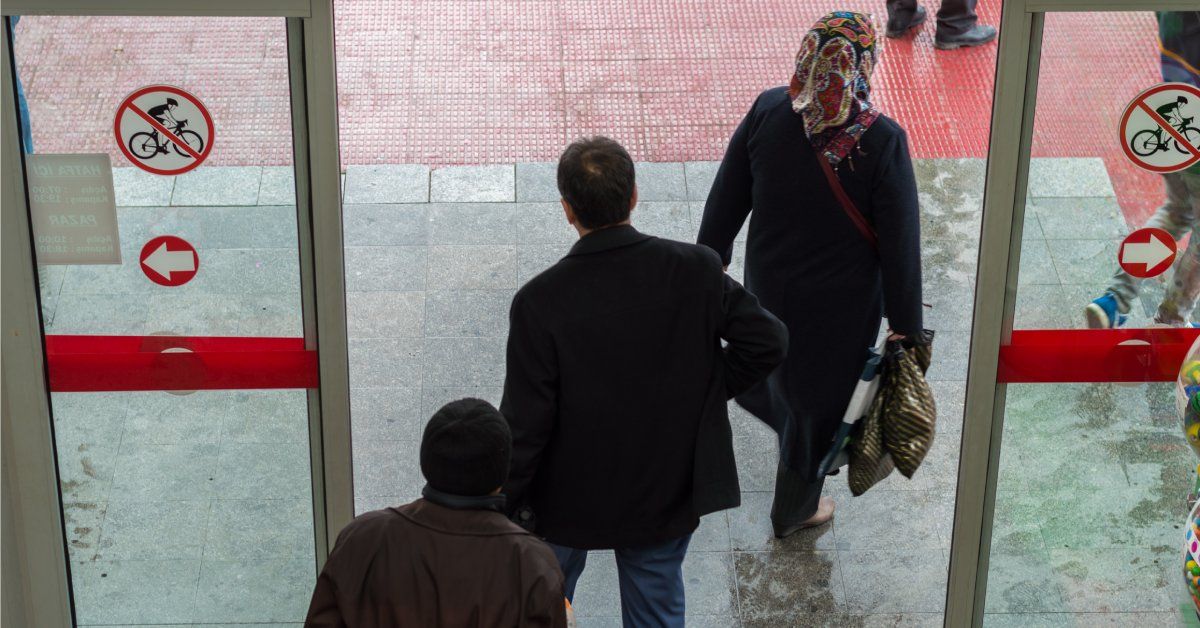
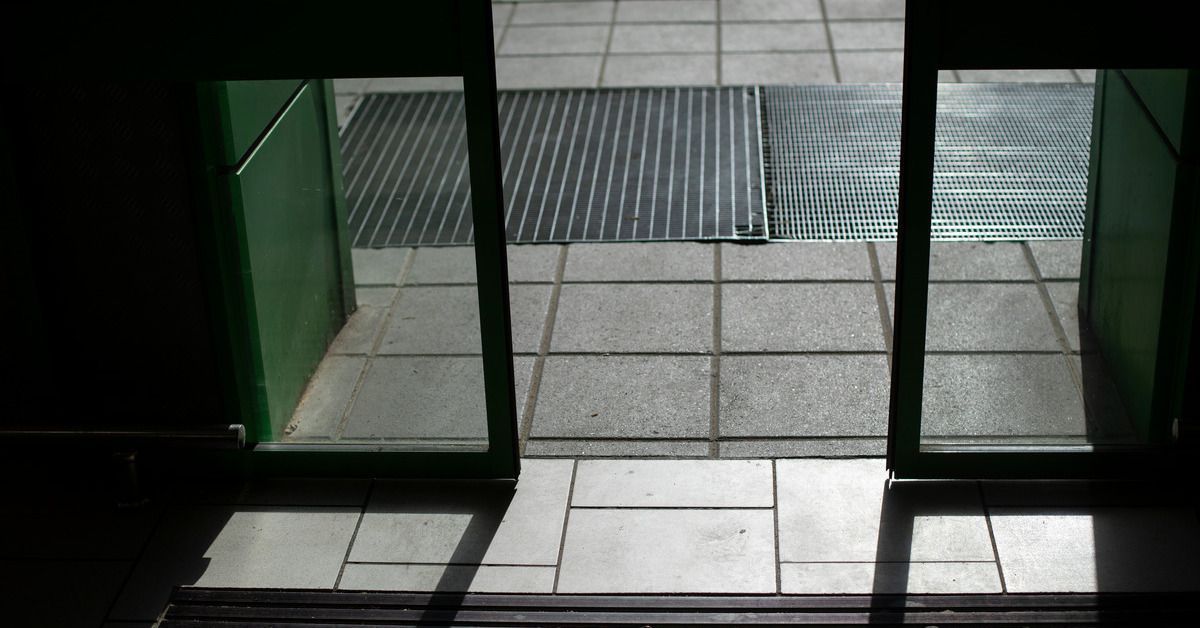
LICENSING INFORMATION
Washington: PACIFEL801B7 | Oregon: CCB 229189
LICENSING INFORMATION
Washington: PACIFEL801B7
Oregon: CCB 229189
headquarters
1788 S Harrier Rd.
Ridgefield, WA 98642
All Rights Reserved | Pacific Entrance, LLC.
